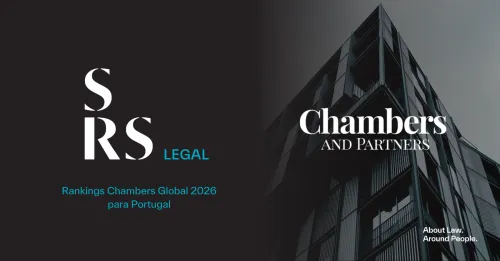Communication
Work XXI - An expected reform at the mercy of political winds (with Mariana Caldeira Sarávia and Ana Luísa Beirão)
The labour reform ‘Trabalho XXI’ (Work XXI), presented by the Government in July and which provides for more than 100 amendments to the Labour Code, has generated political and social debate. In the October edition of Advocatus magazine, the Partners responsible for the Employment Law and Social Security Department at SRS Legal, Mariana Caldeira Sarávia and Ana Luísa Beirão, analyse the main challenges of this legislative proposal.
The lawyers emphasise that, although the measures presented are, overall, ‘reasonable’ and ‘balanced’, the context of political polarisation may jeopardise their acceptance and practical application:
‘In a scenario of some polarisation and uncertainty at the centre, there is a risk that the discussion surrounding the reform will generate political instability and fuel social tensions,’ they say.
As for the legislative process, they believe that the future of the draft bill will depend largely on negotiations in the Social Dialogue and in Parliament:
‘The current political fragmentation makes it unlikely that the text will be approved as presented by the Government, and a process of adjustments is to be expected.’
Among the measures highlighted, they point to the setting of a maximum limit of two years for breastfeeding leave as balanced, in line with the practice of other European jurisdictions. However, they warn of the requirement to present a medical certificate in the first year of the child's life, which may represent a disproportionate limitation on the privacy of the worker's private life.
SRS Legal's partners give a positive assessment of the proposal:
‘Overall, we give a positive assessment of the changes,’ they emphasise, highlighting the extension of parental leave, the return of individual time banks and the simplification of the regime applicable to self-employed workers in situations of economic dependence.




